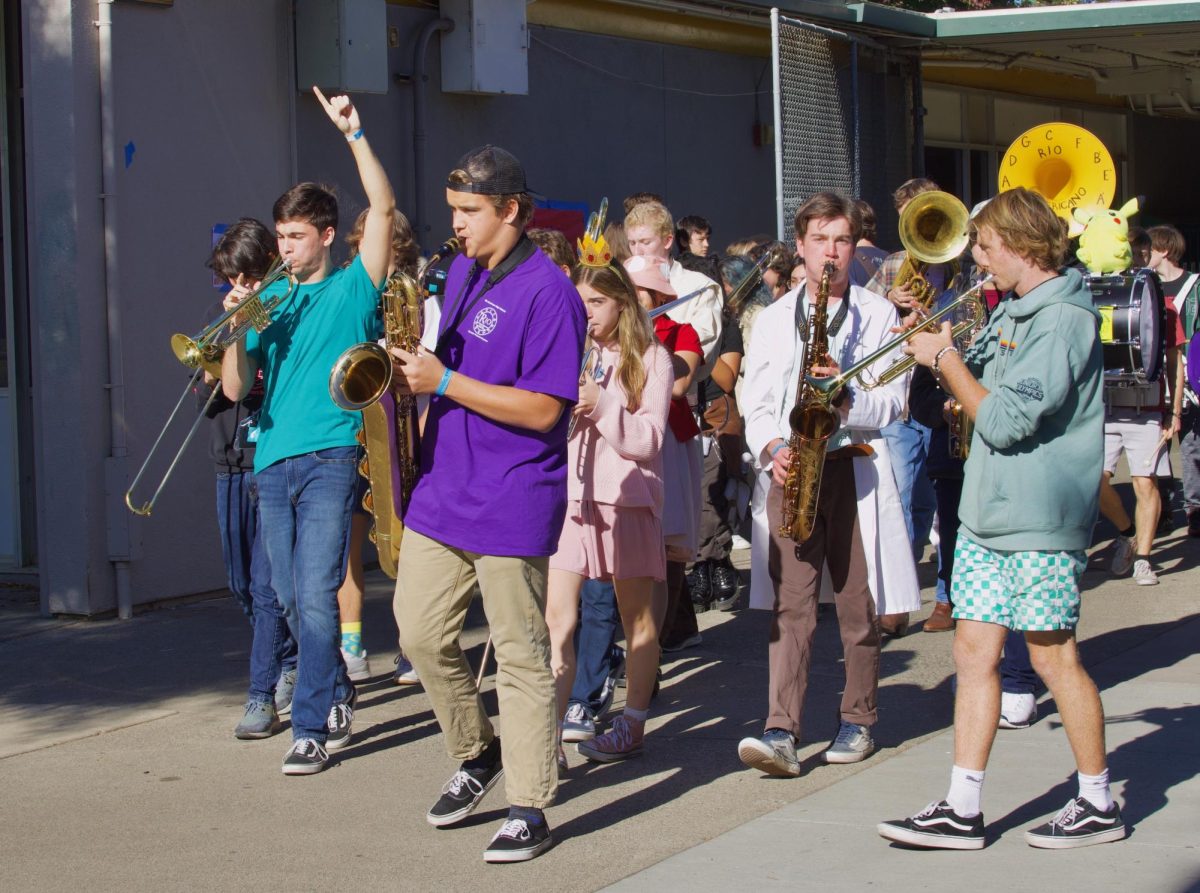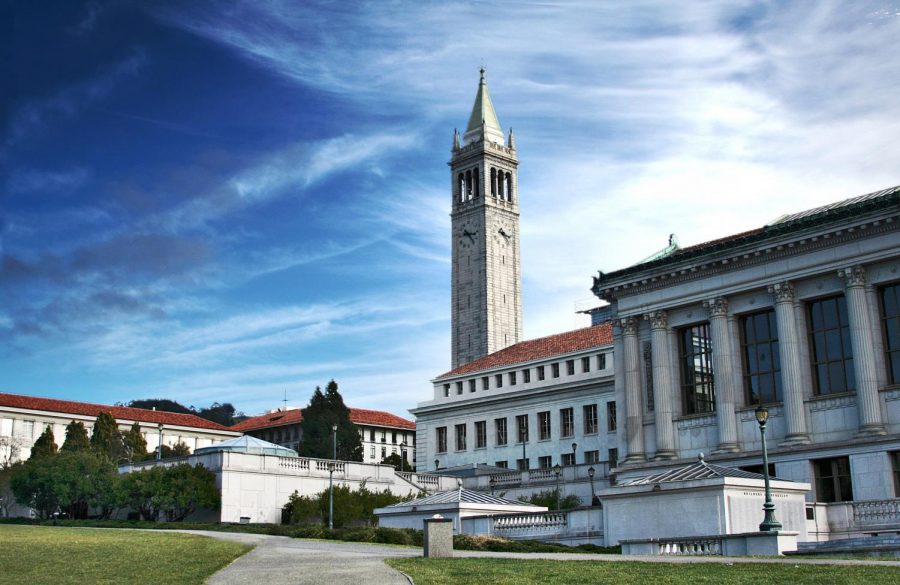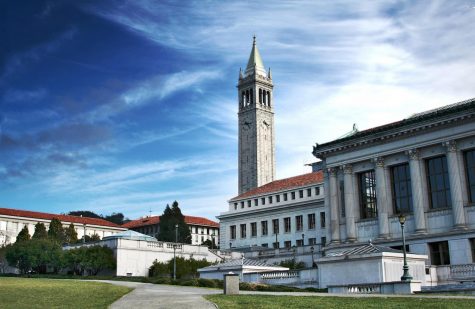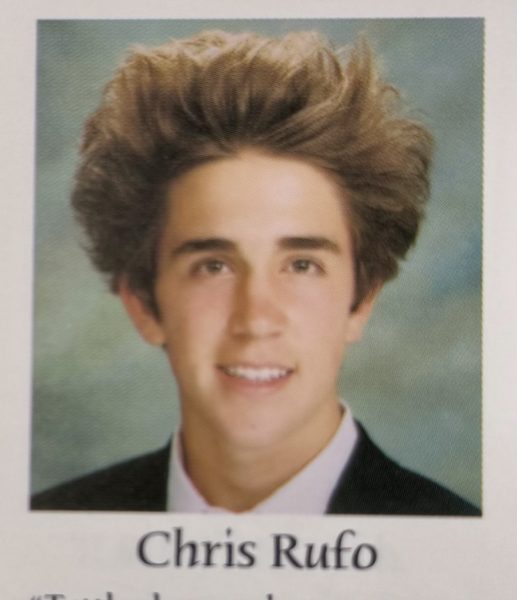We Must Save Our Wetlands
There are many problems that come along with the water shortages all over the United States, but one of the greatest issues is that the lack of water is causing wetlands, essential habitats for all kinds of animals, to disappear.
Since the 1600s, the United States has lost over 50 percent of all its wetlands due to water shortages, industrialization, agriculture and water rights that direct water where it is not needed. Over the last seven decades organizations such as the California Waterfowl Associations and Ducks Unlimited have helped limit the decline of the remaining wetlands. With more help and attention from the general population, it is possible to restore the majority of the wetlands in the United States.
Not only are wetlands a good source of clean water, they are also a necessity in the life cycle of many marine species and waterfowl. At some point in the cycle of life, either the marine species or the waterfowl will absolutely require the wetlands for reproducing or recovering from migration.
According to the website created by DU’s members, wetlands are home to 40 percent of the world’s species. 20 percent of the world’s species have lost their habitat, causing extreme overcrowding of wetland inhabitants.
This overcrowding causes many issues such as the lack of space and lack of food and water.
One of the worst issues that extreme overcrowding causes is the spread of disease. Avian botulism is one of the worst diseases that affects waterfowl. Once it gets a hold it kills the host. Once the waterfowl die they rot and pollute the water, heavily affecting other animals that share the same habitat.
The animals that live inside of the wetlands aren’t the only ones dependent on them. Above everything, humans are extremely dependent on wetlands, but people are the ones that most heavily impact and destroy them. Over 70 percent of the water that is removed from the wetlands is for human use. Most of this water is just wasted; it’s not even used for living requirements of humans.
Wetlands are near the core of human survival. The water pulled from them irrigates crops and provides drinking water to humans and livestock. Continuing the slow destruction of wetlands will result in a catastrophe as humans will lose such a large portion of their food and water supply.
Wetlands also provide flood prevention. According to the Ducks Unlimited website, one acre of wetland can hold 1.5 million gallons of what would otherwise be floodwater. In 1993, the Mississippi River overflowed and caused $12-16 billion in damage, a tragedy that could have been avoided by proper management of wetlands.
Wetlands provide so many great things, so how could you not want to restore them? Wetlands provide habitat for waterfowl and fish and recreation for humans. They also store floodwater, recharge groundwater, improve water quality, and host incredible biodiversity.
All of these could be gone in a blink of an eye if we don’t act. Some simple ways to start is to can watch your water use (sprinklers, leaving the sink running, long showers, car washing) and try to minimize it. You could also get involved in CWA and DU’s events that raise money and do hands-on improvements out in the wetlands. Above all, you should just be aware and do what you can.
No one person can change the outcomes of these dying wetlands. Everybody needs to start doing just what they can and these wetlands will slowly be revived.

































Ajeeth Iyer • Oct 31, 2020 at 12:14 AM
This piece is a great start to reviving our wetlands. It is astonishing that most people haven’t realized the fact that wetlands are an essential component of the functioning of many ecosystems and that humans have a stake in the welfare of these crucial habitats. Additionally, this piece has brought to our attention that more needs to be done to save wetlands, which has been undervalued. Hopefully, all of our small actions can result in one big positive change.